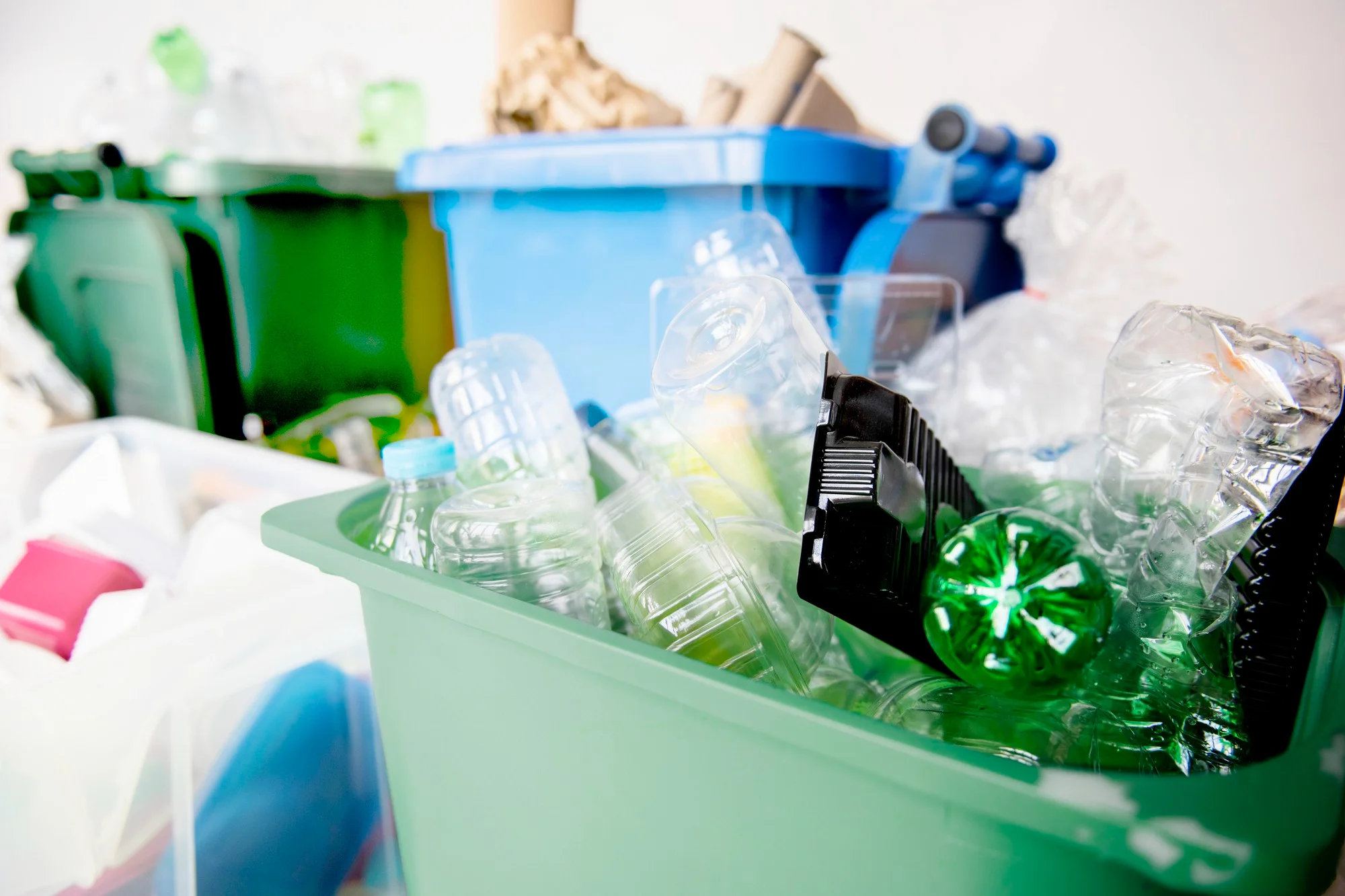The world currently stands at a critical juncture in its fight against the mounting crisis of plastic waste. As governments and industries seek sustainable solutions to reduce environmental impacts, a landmark study published in the journal Environmental Research presents a profound leap in plastic waste management: the conversion of plastic waste into value-added liquid fuels through thermo-catalytic pyrolysis. The study, spearheaded by a team of environmental engineers from the University of Seoul and experts in related fields, offers new insights and strategic advancements in addressing the plague of plastic pollution.
The Plastic Waste Conundrum
Plastic, both a modern marvel and a persistent pollutant, has become pervasive in our ecosystem due to its durability and widespread use in various products. Recent statistics estimate that millions of tons of plastic waste are generated yearly, causing detrimental effects on the environment. The traditional methods of managing this waste, including landfilling, recycling, and incineration, have proven either inefficient or environmentally unfriendly.
Enter Thermo-Catalytic Pyrolysis
The review paper with DOI: 10.1016/j.envres.2024.118154 by academics including Soheil Valizadeh, Behzad Valizadeh, Myung Won Seo, Yong Jun Choi, Jechan Lee, Wei-Hsin Chen, Kun-Yi Andrew Lin, and Young-Kwon Park delves into an innovative process known as thermo-catalytic pyrolysis. This technology holds the promise of transforming polyethylene, polypropylene, and polystyrene – common culprits of plastic pollution – into liquid fuels, providing a dual benefit of waste reduction and energy recovery.
Parameters Influencing Pyrolysis
The research emphasizes the critical parameters that affect the thermal pyrolysis of plastic waste. Temperature, residence time, heating rate, pyrolysis medium, and plastic type are variables that significantly influence feed reactivity, product yield, and the carbon number distribution during pyrolysis. The authors assert that optimizing these parameters can lead to a highly efficient energy recovery process.
The Role of Catalysts in Pyrolysis
The inclusion of catalysts marks a significant advancement in pyrolysis technology. The study presents a comprehensive discussion of mechanisms, reaction pathways, and the performance of various catalysts. The shift towards the carbonium ion mechanism, led by acid or base catalysts, significantly alters the kinetics and pathways of plastic waste pyrolysis, improving the efficiency of the process.
Challenges and Opportunities
The paper does not shy away from highlighting the practicality of scaling up PW pyrolysis for industrial application. It discusses the techno-economic challenges, environmental considerations, and potential opportunities that lie ahead for this emerging technology.
A Global Outlook
Drawing on the wealth of insight from recent research findings, the study paints an optimistic picture of thermo-catalytic pyrolysis as a viable strategy for plastic waste management and liquid fuel production. It also points towards areas of further exploration and development that could ensure the integration of this technology into a sustainable circular economy.
References
Valizadeh, S., et al. (2024). Recent advances in liquid fuel production from plastic waste via pyrolysis: emphasis on polyolefins and polystyrene. Environmental research, [journal article], 246, 118154. DOI: 10.1016/j.envres.2024.118154.
Additional scholarly articles and studies addressing the intricacies of thermo-catalytic pyrolysis further corroborate the findings and recommendations presented by the team at the University of Seoul.
Keywords
1. Thermo-Catalytic Pyrolysis
2. Plastic Waste Management
3. Liquid Fuel Production
4. Polyolefin Pyrolysis
5. Polystyrene Pyrolysis
Conclusion
In closing, the study cements the role of thermo-catalytic pyrolysis as a cornerstone technology in the realm of waste management and renewable energy. It emphasizes that with ongoing research, collaboration, and technological refinement, we may soon see large-scale conversion facilities turning yesterday’s plastic bottles into tomorrow’s fuel. It is a clear testament to human ingenuity’s potential in overcoming environmental problems, promising a cleaner, energy-efficient, and sustainable future.
Copyright © 2024 Elsevier Inc. All rights reserved.
Original authors: Soheil Valizadeh, Behzad Valizadeh, Myung Won Seo, Yong Jun Choi, Jechan Lee, Wei-Hsin Chen, Kun-Yi Andrew Lin, and Young-Kwon Park.
